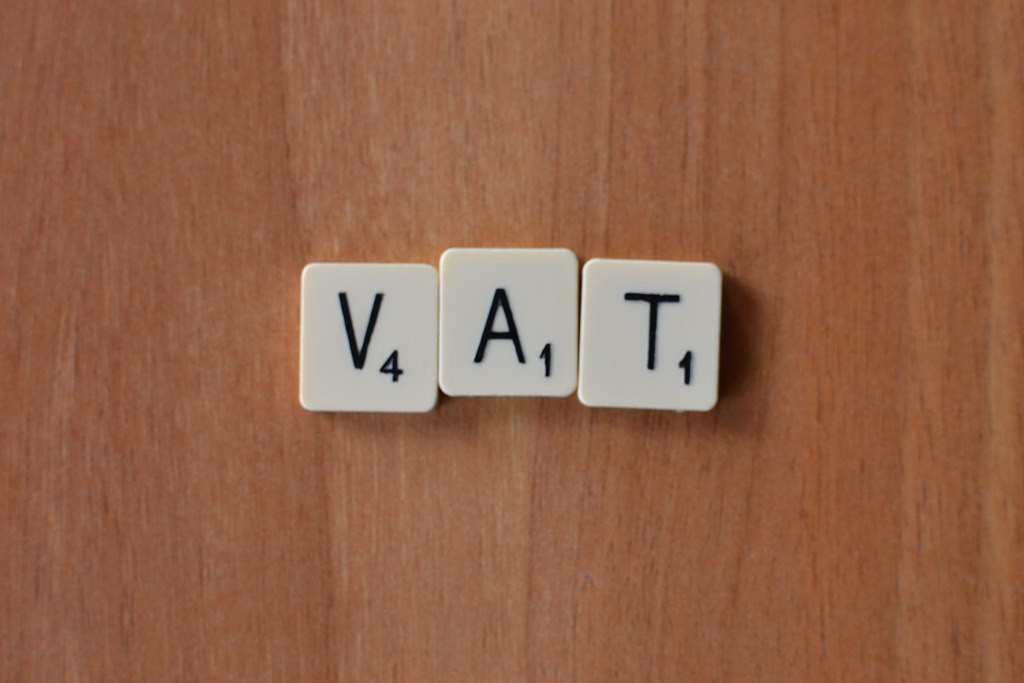Should I register for VAT?

When launching a business, there are a number of questions which entrepreneurs typically ask. In addition to whether they should be a sole trader or a limited company, whether or not to register for VAT is a common query.
The amount of VAT a business pays or claims back from HMRC is usually the difference between the VAT charged by the business to customers and the VAT the business pays on their own purchases.
In the UK, VAT – or value added tax – was introduced in 1973 and replaced Purchase Tax. VAT is levied on most goods and services provided by registered businesses in the UK and the standard VAT rate is 20%. There are some goods and services which are exempt, such as the majority of food and children’s clothing.
Currently, as part of Government measures introduced due to Covid-19, certain supplies of hospitality, holiday accommodation and admission to attractions are subject to a temporary 5% reduced rate of VAT, including hot takeaway food and hot takeaway non-alcoholic beverages.
The simple answer as to whether your business should register for VAT or not is whether your turnover will exceed £85,000 – or is likely to within the next 30 days. However, it isn’t quite that simple. VAT calculations are not linked to the accounting year end but rather on a rolling 12-month basis, which means it’s key to monitor your turnover monthly, rather than waiting to the end of the tax year.
If your business is likely to take off in the first year and could well exceed £85,000 in turnover, then it is worth registering for VAT from the outset. This means you will have the mechanisms in place and, during the launch phase of your business, you’ll be able to reclaim the VAT on any initial costs that have VAT on them. It also means that your clients will be used, from the outset to paying VAT – rather than surprising them with a potentially larger invoice further down the road.
Of course, it will depend a little on the business you’re in. You might find that your customers are VAT registered themselves and they won’t be suprised if it’s added to their bill. If you’re dealing direct with the public – who won’t be able to claim it back – then you might find it is more competitive not to be charging it.
If you register for VAT at a later stage, then HMRC does allow you to reclaim VAT on four years’ worth of goods and six months of services.
If you are a small business, you may benefit from the Flat Rate Scheme, which will see you pay a fixed rate of VAT to HMRC. To join this scheme, your VAT turnover must be £150,000 or less. This is something we can advise you on at Lewis & Co.
The flat rate you use usually depends on your business type and you get a 1% discount if you’re in your first year as a VAT registered business. The flat rate varies from 7.5% for a food wholesaler to 14.5% for an architects’ firm.
VAT can be a complex area of tax, so do get in touch with us if you’ve got any questions on tel: 01892 513515